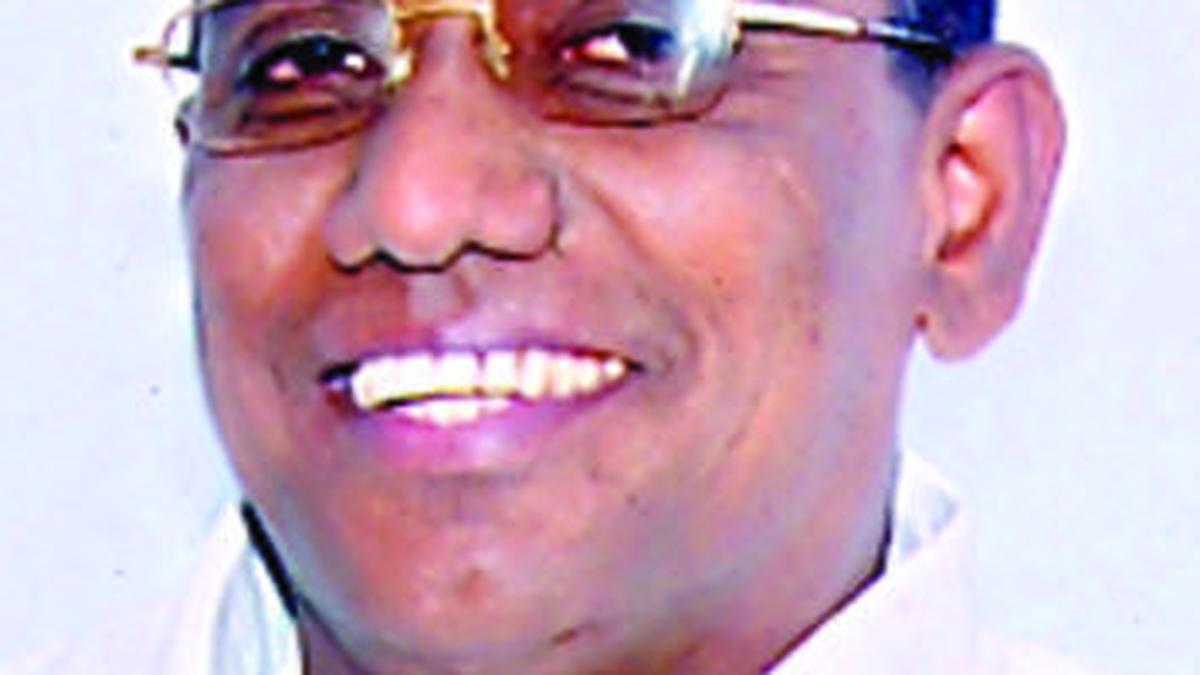Why has there been a prolonged dispute in the State over the National Education Policy, 2020 (NEP)?
Why has there been a prolonged dispute in the State over the National Education Policy, 2020 (NEP)?
The story so far: Since the introduction of the National Education Policy, 2020 (NEP), Kerala has viewed the policy document with serious disagreements. However, two years down the line, the State has begun to warm up to some of the provisions, albeit with considerable hesitance. Despite the shift in policy, chances of a quick roll-out appear remote due to various factors. The government has hinted that the reforms might be introduced only during the 2023-24 academic year.
What prompted the State’s initial apathy to NEP, 2020?
Entrusted by the State government to study the impacts of NEP, 2020, the Kerala State Higher Education Council (KSHEC) had constituted a committee chaired by noted economist Prabhat Patnaik which concluded that the policy is retrograde and presented an exclusionary vision of education. It also raised concerns over the possible challenges that the scheme posed for access, equity, social justice and the reservation system. The CPI(M)-led Left Democratic Front (LDF) also felt NEP, 2020 sought to align the country’s education policy with the needs of private investment and technocapitalism, while ignoring democratic principles and the federal system. Some provisions, including the move to permit multiple entry and exit in academic programmes, were feared to legitimise dropouts. The government also claimed the proposed National Research Foundation and the Board of Governance of Higher Education Institutions would “kill the democratic spirit of universities and their autonomy”.
How has the State altered its position?
When the LDF led by incumbent Chief Minister Pinarayi Vijayan returned to power with a thumping mandate in 2021, the government felt an urgent need to overhaul the higher education sector that appeared to have stagnated in contrast to school education in the State which has constantly topped national rankings. That it emerged victorious on the poll plank of transitioning Kerala into a knowledge-based economy and arresting brain drain from the State led the government to embark on a series of reforms including relaxing its approach on academic autonomy and privatisation.
The LDF’s policy shift was apparent after the recent CPI(M) State conference approved the ‘Nava Keralam’ vision document presented by Mr.Vijayan which mooted private investments in higher education. This was in stark contrast to the days when activists of the Students Federation of India (SFI), the student body of the CPI(M), roughed up the then KSHEC vice-chairman and former diplomat T.P. Sreenivasan after accusing him of attempting to commercialise the sector through a ‘global education meet’ held in 2016.
The seeds of change were sown when the previous Pinarayi Vijayan government had, in 2020, constituted a committee to explore the possibility of establishing an ‘Education City’ in Kerala to offer courses in collaboration with foreign universities.
Notably, the panel included an official of one of the largest private universities in the country.
How has the government’s perception about the policy changed?
Of late, the government has begun to feel an urge to address the systemic rigidity that hindered multidisciplinary research and inter-university collaborations. Besides, there has been a growing clamour to liberate universities from the clutches of political machinations and free colleges from the overbearing influence of universities. A section of the academic community also called for relieving universities of their affiliation management chores and enabling them to focus on research. In order to address such lacunae, the LDF government has constituted three commissions to reform the higher education sector, the examination system and the statutory laws that govern universities.
What hinders its implementation?
Despite having adopted a pragmatic stance towards NEP, 2020, the government is yet to frame guidelines on implementing its provisions in the State. It hoped to customise the reforms to suit its ideals of affirmative action and social justice. Various logistical issues such as creating new posts that would burden the State exchequer amid the fiscal crunch have also put a spanner in the works.
What lies ahead?
While the Union government has maintained that the NEP, 2020 is advisory in nature, many educationists feel that the State would do well to be mindful of the carrot-and-stick approach of the University Grants Commission. The universities could be arm-twisted into implementing the provisions to avail themselves of various benefits in the future.




